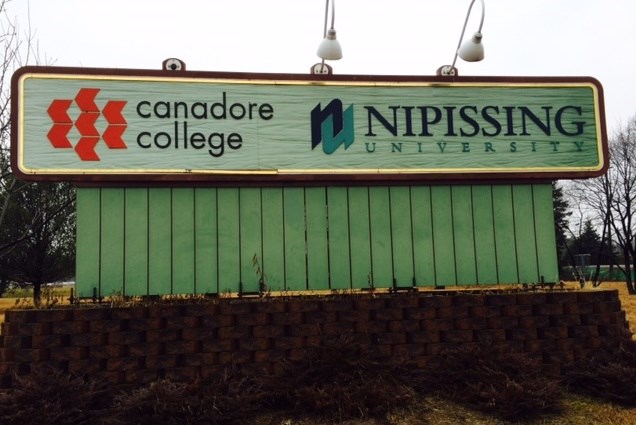Awareness around opportunities for and issues facing Canada’s Aboriginal peoples is growing in Canada. In part, that’s a result of the landmark Truth and Reconciliation Commission report that was issued last year, but the conversation has been ongoing for decades. The Royal Commission on Aboriginal Peoples (RCAP) was released two decades ago and outlined a 20-year agenda for change, recommending new legislation and institutions, additional resources, a redistribution of land and the rebuilding of Aboriginal nations, governments and communities.
On the 20th anniversary of RCAP, Nipissing University is pleased to host an important discussion: Reflections on the Royal Commission on Aboriginal Peoples 20 Years Later on Wednesday, November 30, at 7 p.m. in the Nipissing Theatre (F213).
The event features a distinguished and knowledgeable panel of experts, comprised of Dr. Marlene Brant-Castellano, who served as co-director of research for the RCAP; Dr. Frederic Wien, who served as deputy director of research for the RCAP; and Dr. Mike DeGagné, president of Nipissing University, and former executive director of the Aboriginal Healing Foundation. An exclusive video presentation by George Erasmus, who served as co-chair of the RCAP, will also be screened.
The RCAP began in 1991, when four Aboriginal and three non-Aboriginal commissioners were appointed to investigate and report back to the Government of Canada on one over-riding question: What are the foundations of a fair and honorable relationship between the Aboriginal and non-Aboriginal people of Canada? The Commission held 178 days of public hearings, visited 96 communities, consulted dozens of experts, commissioned scores of research studies, and reviewed numerous past inquiries and reports.
Reflections on the Royal Commission on Aboriginal Peoples 20 Years Later is free of- charge and open to everyone. A reception will follow the event.



